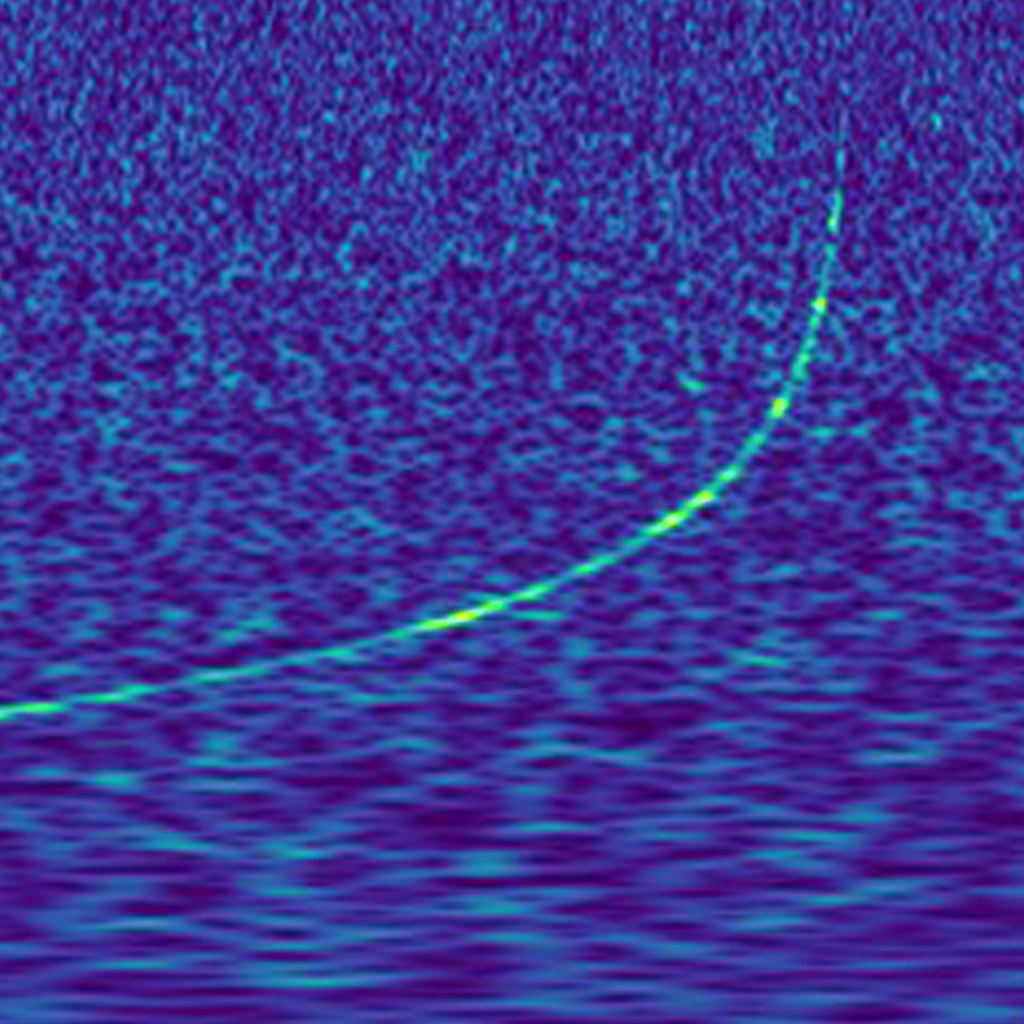Rapid and robust parameter estimation for gravitational wave observations
Presenter
December 3, 2021
Abstract
Recorded 03 December 2021. Jonathan Gair of the Max Planck Institute for Gravitational Physics, Albert Einstein Institute, presents "Rapid and robust parameter estimation for gravitational wave observations" at IPAM's Workshop IV: Big Data in Multi-Messenger Astrophysics.
Abstract: Over the past 6 years, gravitational wave astronomy has become a reality, as a result of the observations made by the LIGO and Virgo laser interferometers. These observations have already had a profound impact on our understanding of the astrophysics of compact objects, on cosmology and on fundamental physics. All these scientific results rely on first obtaining posterior probability distributions for the parameters of the individual events. To date, such posterior distributions have been obtained using standard sampling methods which are slow and computationally expensive. Future detectors, such as LISA, the Cosmic Explorer and the Einstein Telescope, will see orders of magnitude more events, which will require much faster tools for finding and robustly characterising all of the events in the data. In this talk, I will describe some of the challenges that we will face in the analysis of data from future detectors, and some of the machine learning approaches that are being developed to solve them. I will focus in particular on DINGO, a neural network approach that uses normalising flows to rapidly obtain samples from posterior distributions for the parameters of gravitational wave sources. This approach generates posterior distributions that are indistinguishable from those obtained using standard techniques, but in a small fraction of the time.
Learn more online at: http://www.ipam.ucla.edu/programs/workshops/workshop-iv-big-data-in-multi-messenger-astrophysics/?tab=schedule
